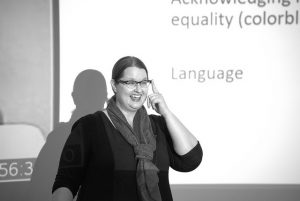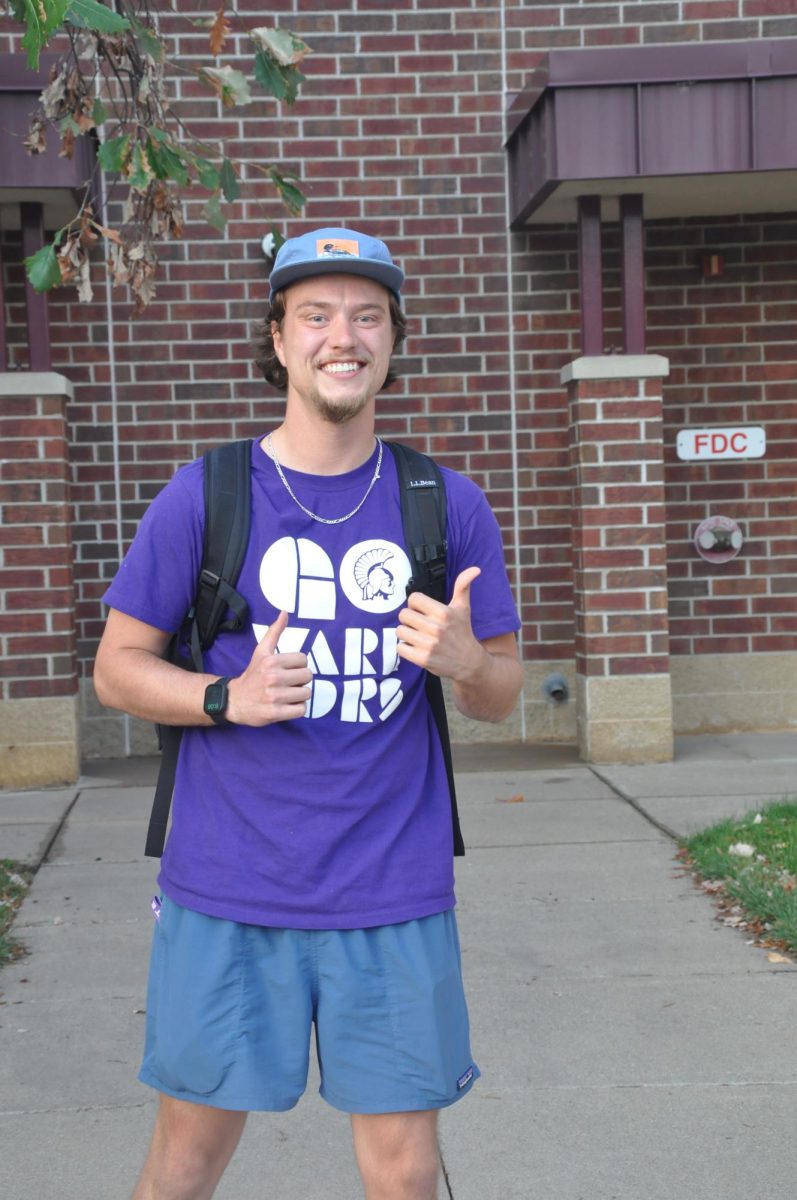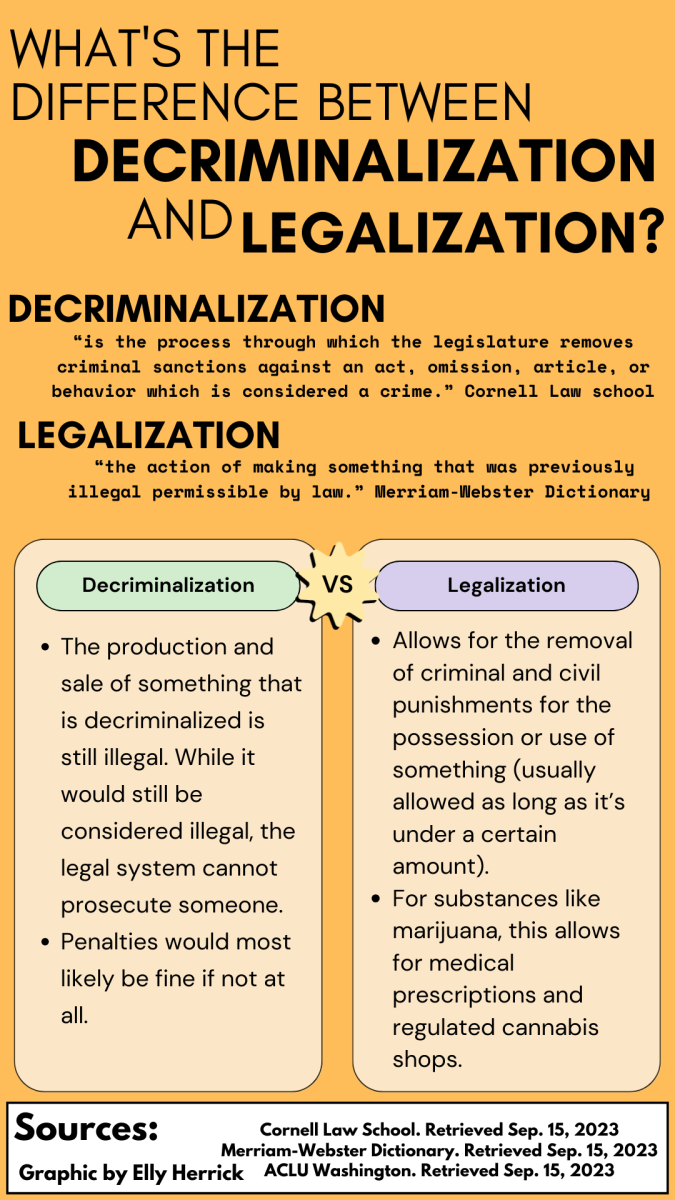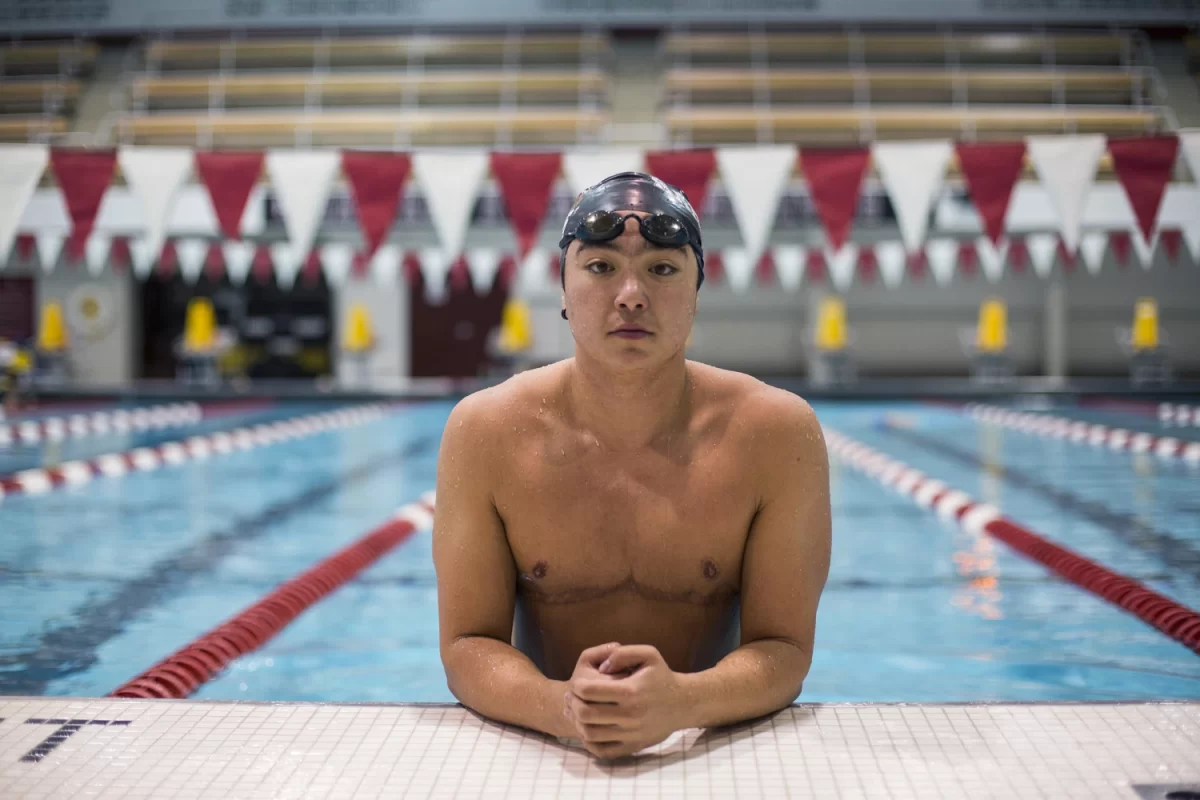
Michaela Gaffke/Winonan
Winona State University presented the first CLASP series event of the school year Wednesday, Sept. 16 titled, “Dealing with Rapid Change: Ethnicity, Race and Inequality in Norway.”
CLASP stands for the “Consortium of Liberal Arts and Science Promotion.” It began in 2004 and aims to promote integrative discussions.
CLASP coordinator Professor David Speetzen of the philosophy department, introduced the featured speaker Jennifer Chernega, a sociology professor at Winona State.
Chernega won the Fulbright Award and traveled to Norway for her study of immigration and inequality of races. She also taught a course called “Race Relations” at the University of Oslo and gave a TEDx talk on the same subject. Chernega said she chose Norway because it has a different inequality system than the U.S.
According to Chernega, the country has historically been homogenous, meaning there’s mostly been just one race of people there, until the 1970s. Chernega spoke about the oil discovery in Norway and how people began migrating there in the ‘70s.
Most immigrants are refugees or came from the European Union and Asia.
“What Norway has not generally talked about in this conversation is race,” Chernega said.
She said people were uncomfortable when she spoke about race, and she was called a “Neo-Nazi” for doing so.
Also, no research entity in Norway talks about race, whereas in the U.S. race is recorded in our census.
Chernega told the story about a bomber in Oslo named Anders Breivik, who wanted to assassinate the Prime Minister and destroy the anti-racism building.
He killed eight people after setting off a bomb in a van close to a government building, and then shot and killed 69 people from a Workers’ Youth League summer camp on an island. Chernega said he received white supremacist material from the United States.
Chernega spoke more about how the U.S. and Norway have very different ideas about race. She said Americans generally believe race is a social construct and is not biological, whereas Norwegians believe “race is an outdated, biological concept that has been scientifically disproven.”
According to Chernega, racism in the U.S. is caused by institutional and individual discrimination, and in Norway racism is caused by individual discrimination. She also said Americans believe that acknowledging race is the pathway towards equality, while Norwegians think that “colorblindness” is the pathway to equality.
Chernega shared how people in the U.S. are often called “African-American” or “Asian-American,” whereas in Norway there is no such thing as an “African-Norwegian.” She said Norwegians call people from immigrant families “third generation immigrants” or “fourth generation immigrants.” Chernega said this is because Norwegians think you cannot be Norwegian unless your family was originally from Norway.
“Maybe race isn’t an issue in Norway? But I don’t think that’s the case,” Chernega said.
She interviewed people who were visibly non-Norwegian and generally moved to Norway because they married Norwegians.
She told the story of a Norwegian man and his Asian-American wife, who was highly discriminated against in Norway. People assumed the wife did not know English, and someone went as far as even asking him how much he paid for her. She then moved back to her home state of Florida to escape discrimination.
Chernega said Norwegians do not think they are racist, but race is a problem in Norway.
Chernega explained a situation where a police set up a sting operation in Norway that would not allow non-Norwegians into it. They ended up arresting the club owners and will randomly check in on them for the next 18 months.
According to Chernega, in the U.S. it is harder to end racial discrimination, because a person must file these cases themselves, which ends up becoming expensive.
“Norway should start looking at race…but it probably won’t,” Chernega said.

































































